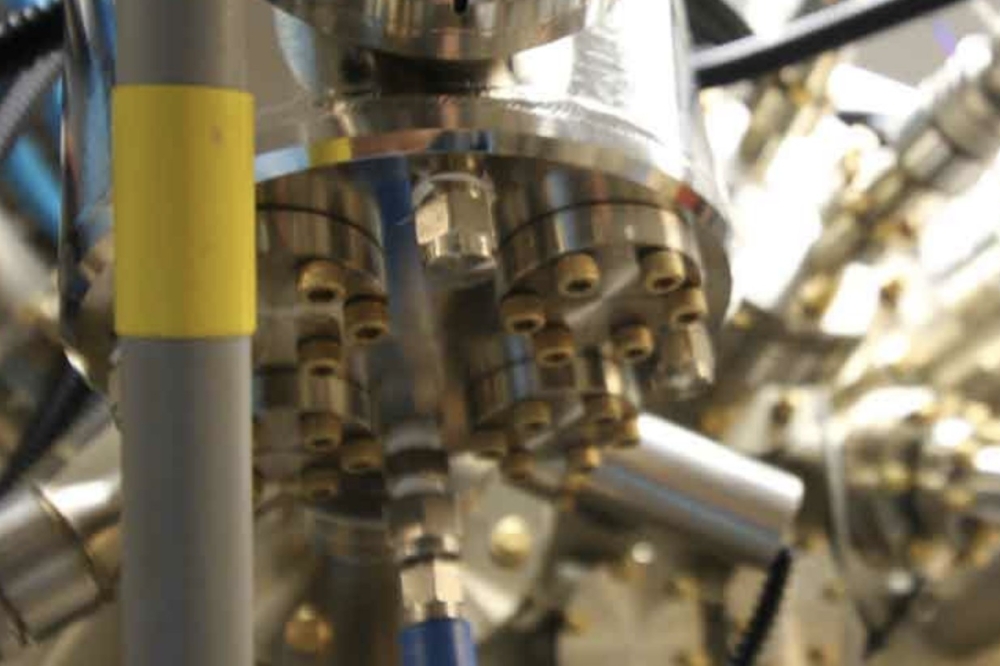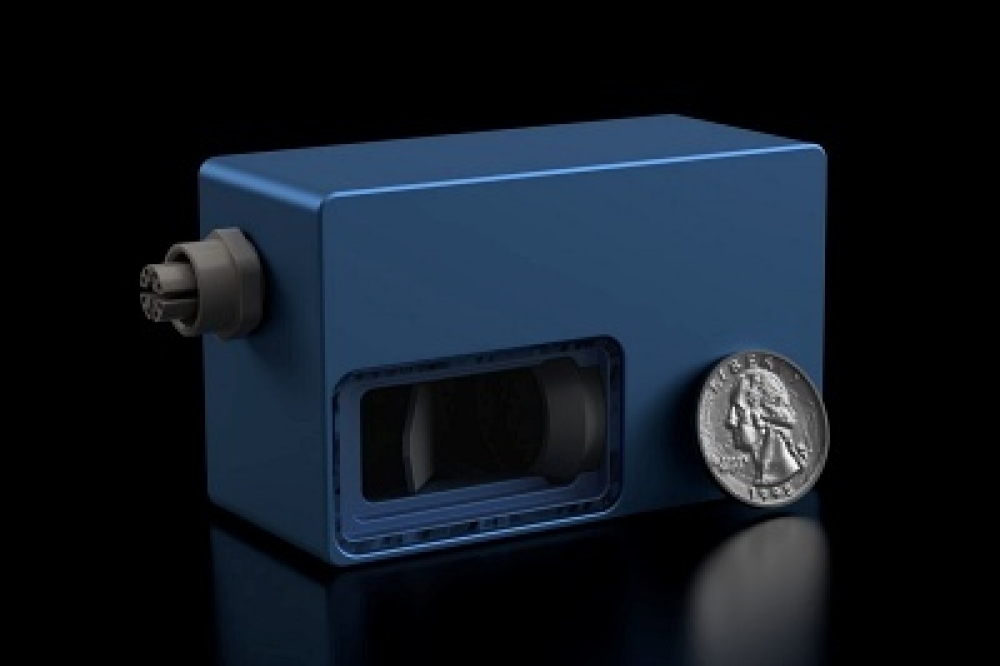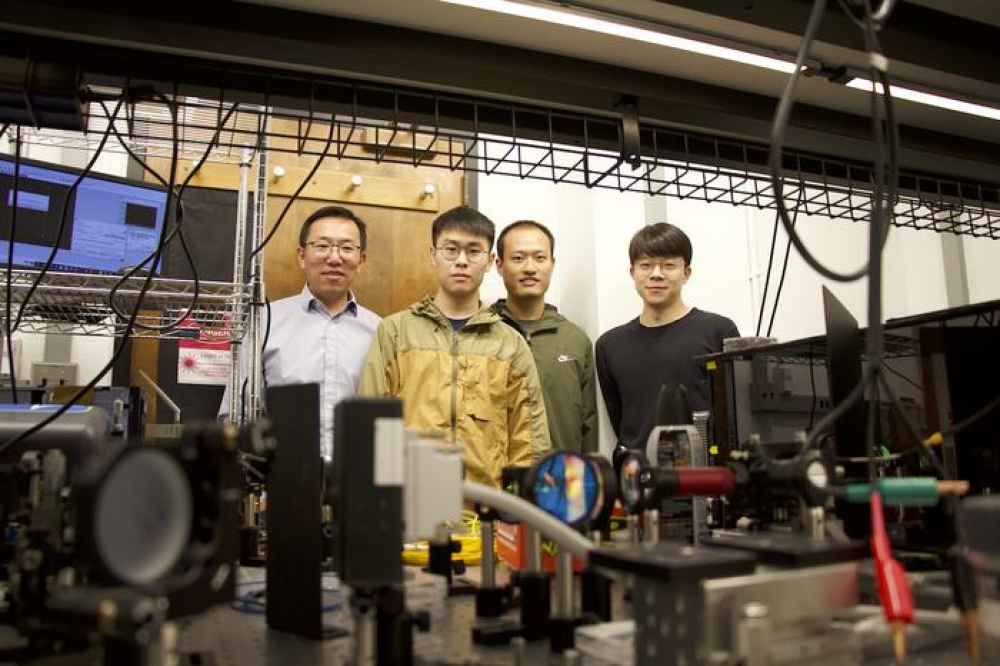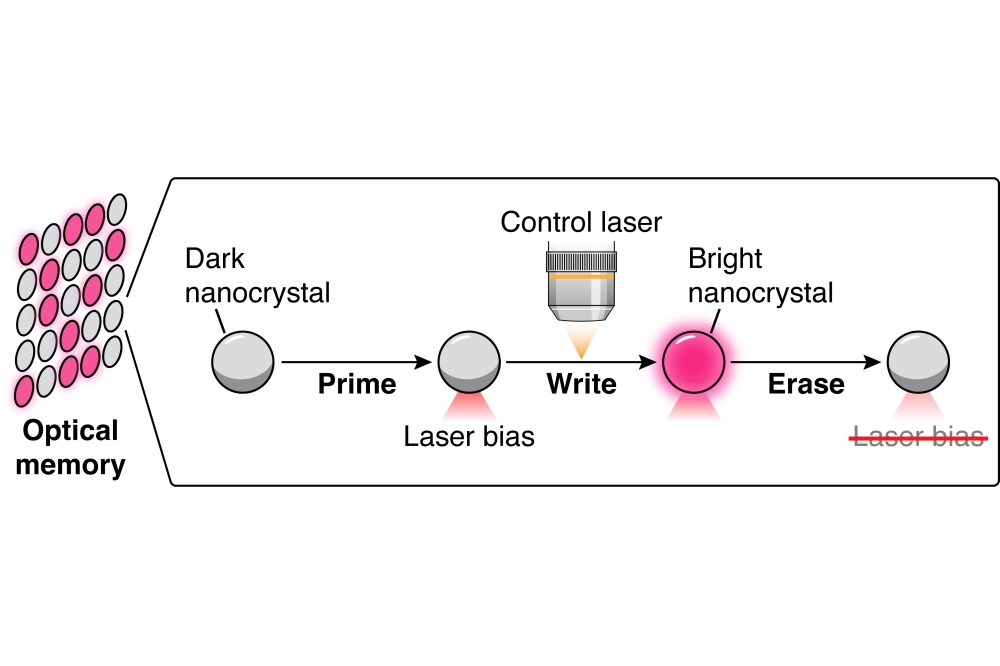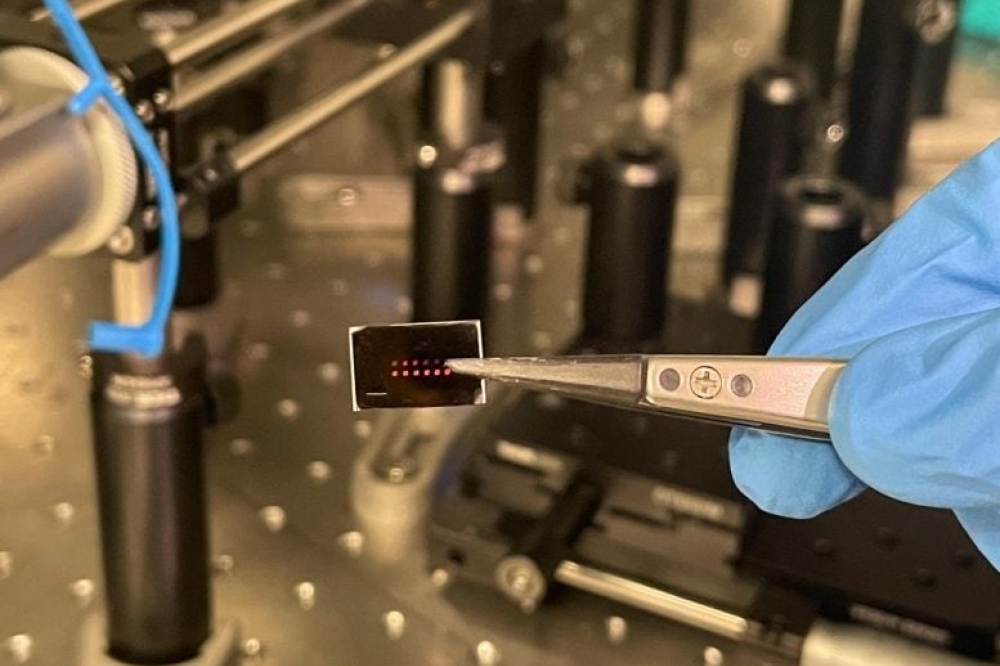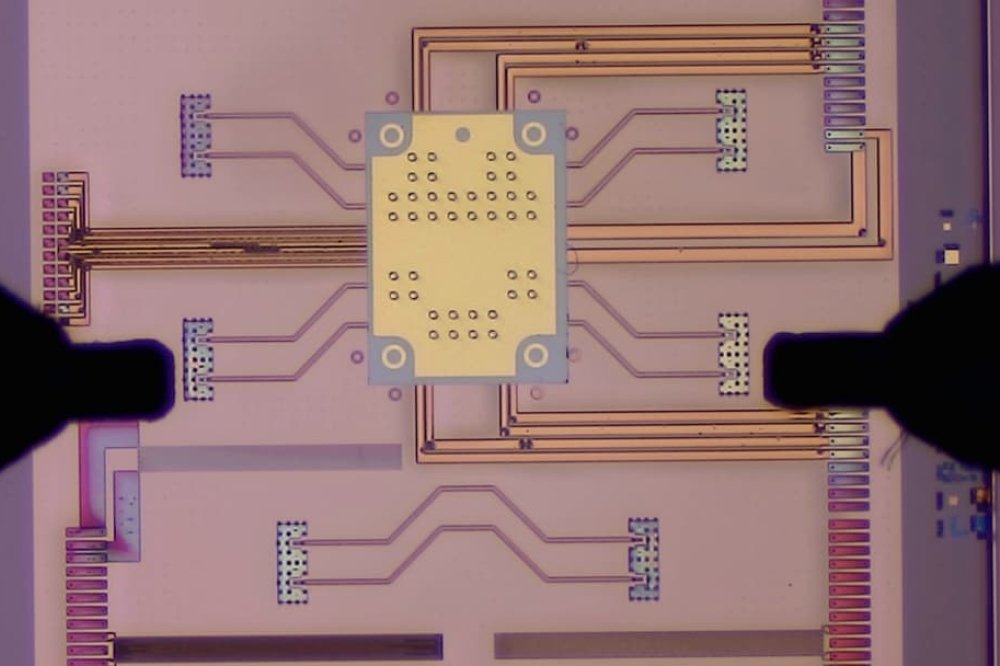Rose-Hulman Institute of Technology launches NanoEngineering programme

Students on the new course can learn about the design, fabrication, and testing of photonic integrated circuits, among other micro- and nanoscale systems, from as early as their first year
The Rose-Hulman Institute of Technology has announced that it is offering a new NanoEngineering programme, which is designed to meet the evolving demands of the scientific and technological landscape. The college says this programme demonstrates its commitment to providing cutting-edge education and empowering students with the skills and knowledge needed for success in the rapidly advancing fields of STEM.
Through the NanoEngineering programme, Rose-Hulman aims not only to respond to the demands of our rapidly evolving world, but also to propel it forward, paving the way for the next generation of STEM pioneers.
“The decision to announce NanoEngineering as a major at Rose-Hulman is grounded in a proactive response to the growing importance of nanoscience and its applications across various industries,” said Robert Coons, president of the college. “As the next frontier in engineering, nanotechnology has revolutionised fields such as medicine, photonics, electronics, and energy. By aligning our academic programmes with these emerging trends, Rose-Hulman aims to equip students with the expertise and innovation mindset required to thrive in an ever-changing global landscape.”
The NanoEngineering major at Rose-Hulman is a comprehensive curriculum designed to provide students with a strong foundation in fundamental engineering principles, coupled with a deep focus on nanoscale science and technology, including essential modelling and simulation techniques. The college says that students will engage in hands-on research projects, collaborate with leading experts in the field, and have access to state-of-the-art laboratories such as the Micro-Nanoscale Device and Systems (MiNDS) lab, equipped with cutting-edge nanofabrication and characterisation tools.
“Nanotechnology is driving innovation across multiple disciplines, and we believe that offering a specialised NanoEngineering major will better prepare our students for exciting careers in these high-impact fields,” said Rick Stamper, provost and vice president for academic affairs.
“The NanoEngineering programme is not just about staying current; it is about setting the stage for the future. Graduates with a NanoEngineering degree from Rose-Hulman will be well-positioned to contribute to groundbreaking research, drive technological innovation, and address complex global challenges. The interdisciplinary nature of the programme will foster creative problem-solving skills and prepare students to work across traditional boundaries, reflecting the real-world demands of the nanotechnology industry.”
Image credit: Rose-Hulman Institute of Technology/Bryan Cantwell





